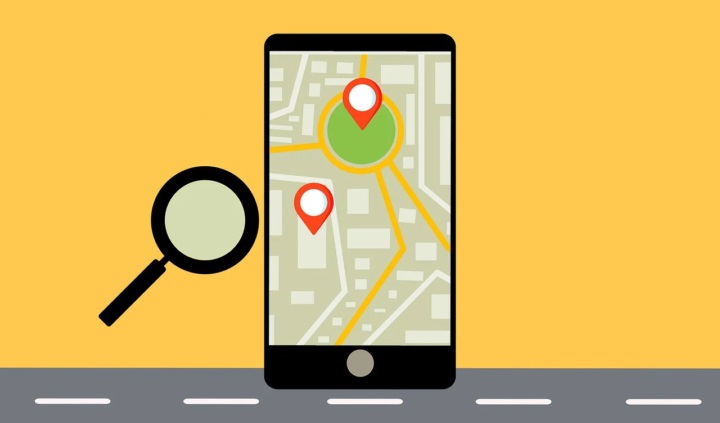The Importance of Couples Therapy for Addiction
When addiction affects one or both partners in a relationship, it can have a devastating impact on their emotional connection, trust, and overall well-being. Couples therapy for addiction provides a safe space for partners to address their individual and shared struggles, learn effective communication skills, and develop healthy coping mechanisms.
Therapists specializing in couple addiction recovery in Billings understand the unique challenges that couples face during the recovery process. They help partners navigate through the complexities of addiction, identify underlying issues, and develop strategies to rebuild their relationship on a foundation of trust and support.
Couples Addiction Recovery Helpline Call Now
The Concept of Dual Recovery for Couples
Dual recovery refers to the process of addressing both substance abuse and mental health issues simultaneously. It recognizes that addiction often co-occurs with other mental health disorders, such as depression, anxiety, or trauma. In couple addiction recovery, dual recovery focuses on supporting both partners in their individual healing journeys.
Billings offers a range of dual recovery programs and resources for couples, including specialized treatment centers, support groups, and counseling services. These programs address the unique needs of each partner, providing comprehensive care that promotes long-term recovery and relationship stability.
Strategies for Successful Couple Recovery
Recovering from addiction as a couple requires a combination of individual and shared efforts. Here are some strategies that can contribute to successful couple recovery:
- Open and Honest Communication: Transparent communication is essential for rebuilding trust and fostering understanding between partners. Couples should create a safe space for open discussions about their experiences, emotions, and concerns.
- Setting Boundaries: Establishing clear boundaries helps couples navigate potential triggers and maintain a healthy environment. Boundaries can include commitments to sobriety, guidelines for social interactions, and agreements on shared responsibilities.
- Supportive Networks: Building a support system that includes friends, family, and other couples in recovery can provide invaluable encouragement and guidance. Attending support groups or seeking professional counseling can also enhance the couple’s recovery process.
- Self-Care: Taking care of oneself is crucial during the recovery journey. Each partner should prioritize their physical, emotional, and mental well-being by engaging in activities they enjoy, practicing relaxation techniques, and seeking individual therapy if needed.
- Continued Education: Couples should educate themselves about addiction, relapse prevention, and healthy relationship dynamics. Learning about the challenges they may encounter and developing effective coping strategies can strengthen their recovery and relationship.
Reconnecting and Rebuilding After Addiction
Reconnecting and rebuilding after addiction is a gradual process that requires patience, understanding, and commitment from both partners. Here are some steps couples can take to rebuild their relationship:
- Rebuilding Trust: Trust is often damaged during addiction, and rebuilding it takes time. Both partners should consistently demonstrate honesty, reliability, and accountability to regain trust.
- Forgiveness: Forgiveness is a vital part of the healing process. It involves letting go of past resentments and focusing on the present and future. Seeking forgiveness from one another and practicing self-forgiveness can facilitate emotional healing.
- Creating New Shared Activities: Engaging in new activities together can help couples create positive memories and strengthen their bond. Exploring hobbies, attending couples’ workshops, or participating in outdoor activities can foster a sense of connection and joy.
- Reestablishing Intimacy: Intimacy can be challenging to rebuild after addiction. Couples should prioritize open communication about their needs, fears, and desires. Seeking professional guidance from therapists who specialize in couple addiction recovery can support the process of rebuilding intimacy.
- Continued Support: Ongoing support is crucial for maintaining long-term recovery and relationship stability. Attending couples’ therapy sessions, participating in support groups, and staying connected to the recovery community can provide the necessary support and encouragement.
Recovering from addiction as a couple is a challenging but rewarding journey. With the right resources, therapies, and strategies, couples in Billings, Montana, can rebuild their lives and create a stronger, healthier future together. If you or your partner are struggling with addiction, reaching out for professional help is the first step towards a brighter tomorrow.











